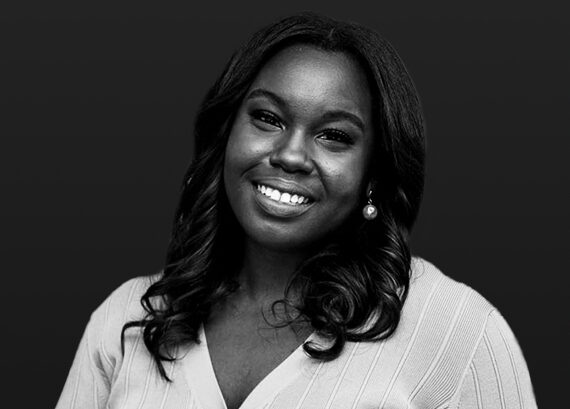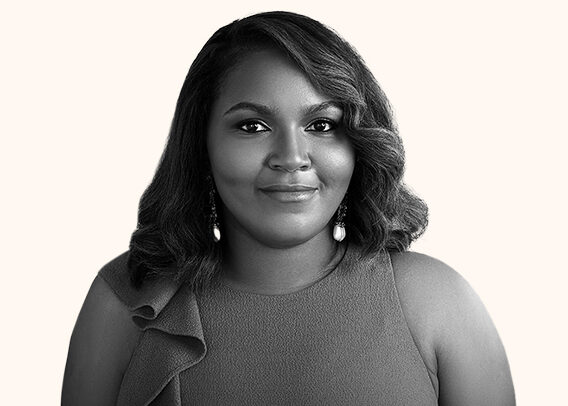How Coaching is Changing the Face of Entrepreneurship | Tory Burch Foundation
How Coaching is Changing the Face of Entrepreneurship
2018 Fellow Christine Tao on her successful coaching platform, plus what founders should know about getting outside support.
39,079 Views
3 Likes
4 min read
Link copied to clipboard
We all need career development help from time to time–even the most self-sufficient entrepreneurs can’t go it alone. That’s where our 2018 Fellow Christine Tao comes in. In 2016, with the help of her own coach, she created Sounding Board, the first cloud-based leadership development program that democratized coaching access to employees at all levels of an organization. The demand for coaching has skyrocketed since then and Sounding Board has benefited, raising $13.1 million in Series A funding in January.
“It used to be, if you were a low performing exec that had a bad attitude, you’d get a coach to help you shift your behavior before the company kind of pushed you out the door,” Tao explained in a recent Zoom interview. “Now, what we see is that most forward-thinking companies, people-first companies and the employees themselves are clamoring for it, because it’s seen as a signal of high potential, something that really helps them achieve their goals and success.” In fact, Tao created Sounding Board based on her own experience, where, at a previous startup, she moved very quickly from being a salesperson to leading an entire sales team as part of the executive team. “When I was becoming a manager for the first time is probably when I personally wanted it the most,” Tao reflected. “It’s such a big shift in your skill set.”
Development at more levels of an organization may very well become the norm. In addition to general attitudes to the practice changing, Tao also said the sudden switch to remote work due to the COVID-19 crisis accelerated an already growing trend. Companies and managers struggled to lead in this new landscape and started to look to outside support.
Tao sees a future where just about everyone will have coaches to help them with different aspects of their professional and personal lives. We asked her about what potential clients should know when trying to find the right coaching fit. While Sounding Board primarily works with large enterprises, many of Tao’s insights on coaching are also applicable to founders and small business owners.
HOW DO YOU FIND THE RIGHT COACH?
As with any other product or service, coaching isn’t one size fits all, and some coaches are more reputable than others. Career coaching as a field is relatively new and isn’t regulated by state or federal governments the way, say, behavioral therapy is. Though the industry has governing bodies, there are no laws that penalize someone who claims to be a coach but isn’t certified. “To be honest, anybody can kind of hang up a shingle and call themselves a coach,” Tao said. “So for companies, the challenge becomes, how do you identify a high-quality coach?”
Determining the right coach for you begins with having a sense of the changes you want to make. “Different coaches will focus on different things, but people don’t always understand that, so they end up hiring the wrong coach for what their actual needs and goals are,” Tao observed. Rather than look for a coach who has done exactly what you’ve done–that better describes a mentor–entrepreneurs and companies should find a coach who specializes in their area of need. For example, don’t opt for a coach who works primarily on work-life balance when what you really need is someone to help you become a better manager to the first few people you hire.
A good coach will be interested in collaborating, rather than handing down solutions. “It’s about understanding and asking the right questions to be able to push your development forward,” explained Tao. They’ll also help you identify measures of success that support your overall business goals.
HOW CAN I MAKE THE MOST OF MY COACH?
Consider finding a coach at key transitional moments in your business’ life or leadership. Guidance and an outside perspective will help during big changes, though those milestone moments aren’t the only times to think about small business coaching. “Not to sound completely self-serving, but we obviously have the belief that it’s never too early,” Tao advised.
No matter when you decide to begin working with a coach, having the right mindset is key. “What we find is that the people that are the most open-minded, who embrace the experience and realize they actually have to commit as well are the ones that see transformational success.” Be honest with your coach about your challenges–they’ll be most effective if they have a full picture of your and your business’ needs.
Help an entrepreneur by upvoting


